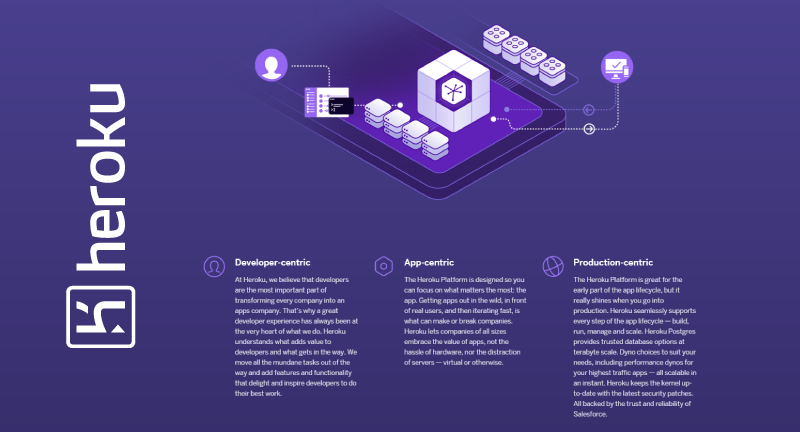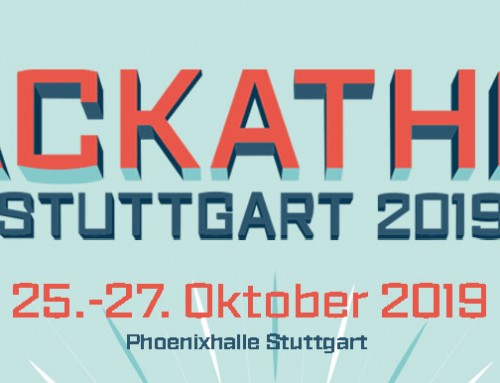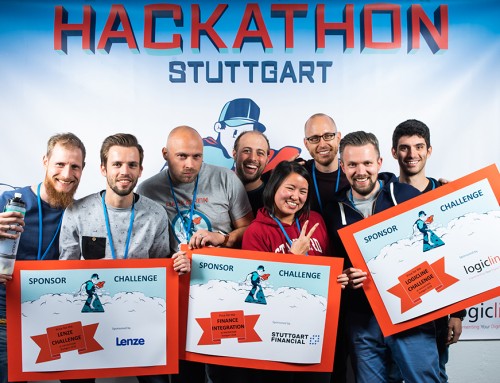Heroku is a cloud platform that lets companies build, deliver, monitor and scale apps — „the fastest way to go from idea to URL, bypassing all those infrastructure headaches“ as they state on their website. Heroku focuses relentlessly on apps and the developer experience around apps. That’s exactly what we need for a successful hackathon weekend and that’s also the reason why we encourage the Hackathon Stuttgart participants to use the Heroku platform to build, deploy and show their apps.
Your Quickstart to Heroku
The main page for getting started on Heroku is https://devcenter.heroku.com/start. There you can choose which programming language you want to use. For each one there are some prerequisits listed in order to be able to deploy an application on Heroku. After providing the language requirements, you can install the Heroku toolbelt: https://toolbelt.heroku.com/.
The rest is pretty simple: After installing the Heroku toolbelt – which also installs the GitHub client on your system – it is time to login to Heroku (using a command prompt on Windows and an usinf terminal on OSX) and then clone a template to your local machine, open it with your favorite IDE and then start extending your own code.
Remember: in order to login to Heroku you need to have a Heroku account. You can sign up for a free account if you do not already have one.
The rest of the required information is provided in a step-by-step guide for each language.
Support at the Hackathon
Of course there’s some support if you do not have experience with Heroku: Heroku experts and developers from logicline will be available at the event. logicline will also prepare some templates for a quickstart, for example a „Deploy to Heroku“ button for a Java-Spring-AngularJS stack. You may find these things at GitHub: http://logiclinegmbh.github.io/.
Heroku provides even more elements for your app: Heroku Buttons let you one-click provision, configure and deploy third party components, libraries and pattern apps – thus the perfect recipe to start building apps quickly. Heroku Add-ons are fully-managed services, integrated for use with Heroku, and most of them have a free plan to start. And Heroku Buildpacks are open source scripts for compiling apps on Heroku, specific to the frameworks and languages in your app.
A Heroku introduction
Here is a 38min introduction to Heroku by Salesforce (Heroku is part of the Salesforce App Cloud, aka Salesforce Platform):






